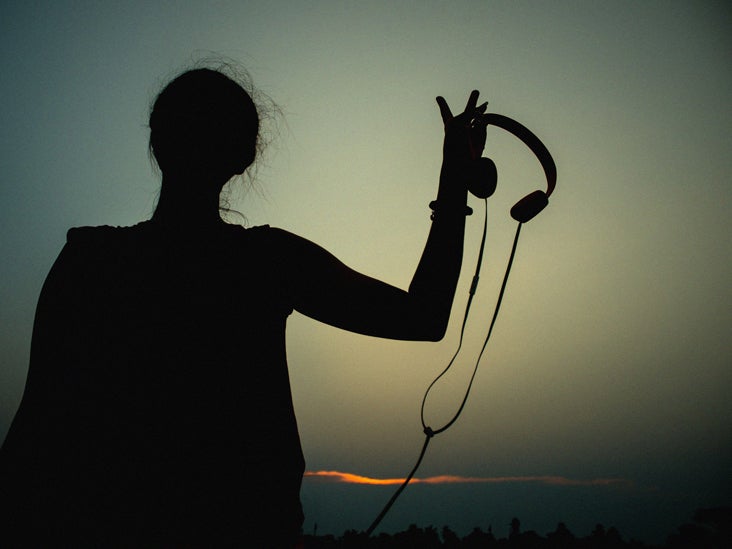Music is a vital element in the daily life. You cannot live without music. Studies have shown that music of different genres can affect blood pressure. For example metal and rock can trigger positive changes in blood pressure more than tranquilizer tracks. Additionally, fluctuations in hormone levels are result of the different the type of music we listen to. Meanwhile, calming acoustic songs help to control everything from moods to appetites.
Music has a positive influence on our mental health. This concept isn’t new. Some cultures used drumming and singing to heal themselves thousands of years back. Nowadays we know how beneficial this therapy could be in aiding people suffering from everything from post-traumatic stress disorder (PTSD) to anxiety problems and there’s no end to the possibilities when it comes down to who will benefit from it, since everyone has their unique concerns with regards to emotions and moods.

Music therapy is a practice that a lot of people are involved in some way. It is a form of therapy that is based on music. It has more chance of healing people who are in need of healing than any other type. Patients will experience the connection they feel and their mood will improve through listening. To make this method 100 percent effective, therapists often compose songs or lyrics based on traditional songs. But, they could utilize mindfulness techniques which require patients to concentrate upon specific sounds.
Music therapy is beneficial to everyone.
Music therapy is being used to relieve stress and prepare to exercise, but it’s also being studied as an alternative treatment option for various psychological issues.
1. Hearing Impairment
Music therapy can assist people with hearing impairments by improving their speech formation. While only a tiny percentage of people have difficulty hearing the sounds they hear, it’s not impossible for some to feel a feeling. Music therapy helps improve speech production by aiding with intonation/tempo issues and wavelength/rhythm perception. These factors all affect how fluent or slow we speak depending on the music we’re using.
2. Autism
A music therapy approach has been proven beneficial in aiding autistic spectrum disorders (ASD) sufferers. Utilizing music-related strategies in conjunction with conventional treatment appears to have the potential to lead people into productive lives that they would not otherwise have been. Children who received both therapies were less prone to isolation and social withdrawal in comparison to children who only received one. This suggests there’s some benefit to mixing them. Boys who are stronger at social skills will also be more socially active.
3. Chronic pain
Both pain and music are both soothing for sufferers. Therefore, it’s no reason to be surprised that those who employ music therapy to relieve their emotional burden will feel less irritable. One way to do this is by removing your attention off of the nagging sensations and allowing you to be free of the events around them , just as we use our ears in music halls or pianos when there isn’t anything else distracting our attention besides these two aspects.
For more information, click house of music